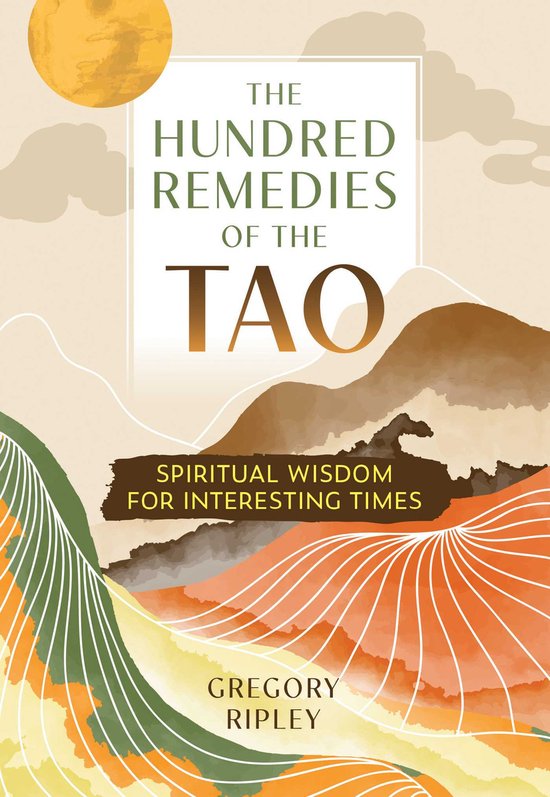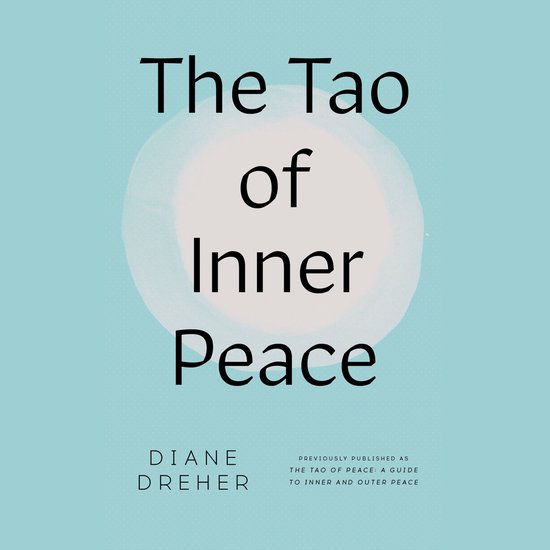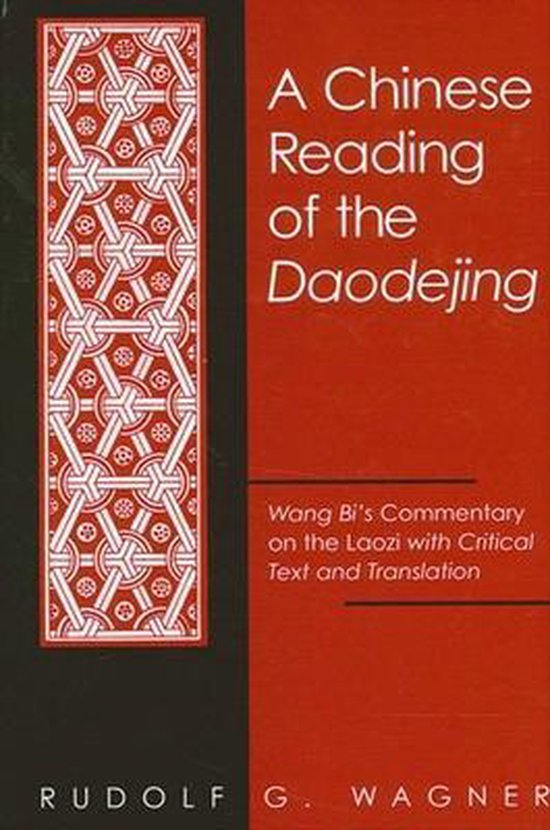
The Hundred Remedies of the Tao
A new translation of the 6th-century Taoist text Bai Yao Lu ( Statutes of the Hundred Remedies), with practical commentary
A new translation of the 6th-century Taoist text Bai Yao Lu (Statutes of the Hundred Remedies), with practical commentary.
In modern Taoist practice, the emphasis is often on “going with the flow” ( wu-wei) and not following any fixed rules of any kind. This may work well for an already enlightened Taoist Sage, but for the rest of us, following a spiritual path involves ethical, moral, and practical guidelines. As author and translator Gregory Ripley (Li Guan, 理觀) explains, the little-known 6th-century Taoist text called the Bai Yao Lu ( Statutes of the Hundred Remedies) was created as a practical guide to what enlightened or sagely behaviour looks like—and each of the 100 spiritual remedies are just as relevant today as they were when written over 1500 years ago.
Presenting a new translation of the Bai Yao Lu for the contemporary world, Ripley provides insightful commentary for each of the Hundred Remedies, showing how they relate to Taoist meditation practice and how they can help us navigate the emotional and social challenges we all experience. He explains how each short verse of the Hundred Remedies presents a spiritual precept in a positive way, not as a restriction or commandment that must not be broken but as a solution to the problems encountered in daily life as well as on the spiritual path. He shows how these deceptively simple statutes, known as abstentions in Taoism, teach us how to emulate the behaviour of the Sages until the behaviour becomes our own.
Both scholarly and inspirational, this guidebook to Taoist spiritual living will help you learn to effortlessly go with the flow, deepen your meditation practice, and find the natural balance in all things.
A new translation of the 6th-century Taoist text Bai Yao Lu (Statutes of the Hundred Remedies), with practical commentary.
In modern Taoist practice, the emphasis is often on “going with the flow” ( wu-wei) and not following any fixed rules of any kind. This may work well for an already enlightened Taoist Sage, but for the rest of us, following a spiritual path involves ethical, moral, and practical guidelines. As author and translator Gregory Ripley (Li Guan, 理觀) explains, the little-known 6th-century Taoist text called the Bai Yao Lu ( Statutes of the Hundred Remedies) was created as a practical guide to what enlightened or sagely behaviour looks like—and each of the 100 spiritual remedies are just as relevant today as they were when written over 1500 years ago.
Presenting a new translation of the Bai Yao Lu for the contemporary world, Ripley provides insightful commentary for each of the Hundred Remedies, showing how they relate to Taoist meditation practice and how they can help us navigate the emotional and social challenges we all experience. He explains how each short verse of the Hundred Remedies presents a spiritual precept in a positive way, not as a restriction or commandment that must not be broken but as a solution to the problems encountered in daily life as well as on the spiritual path. He shows how these deceptively simple statutes, known as abstentions in Taoism, teach us how to emulate the behaviour of the Sages until the behaviour becomes our own.
Both scholarly and inspirational, this guidebook to Taoist spiritual living will help you learn to effortlessly go with the flow, deepen your meditation practice, and find the natural balance in all things.
| Auteur | | Gregory Ripley |
| Taal | | Engels |
| Type | | Paperback |
| Categorie | | Persoonlijke ontwikkeling & Mindfulness |





